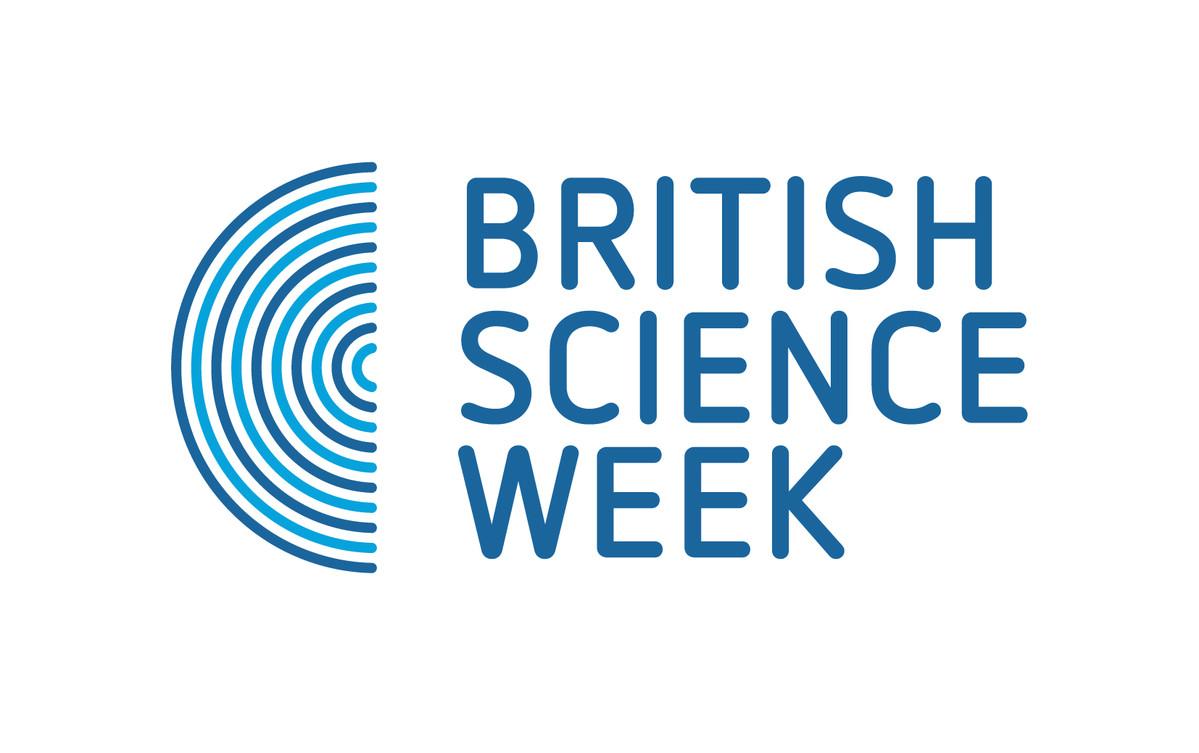Speaker and Course Director
Fay is an archaeologist and award-winning lecturer and researcher. She has worked in archaeological projects in Armenia, Europe and the UK and has travelled extensively on academic research including Syria, Jordan, Armenia, USA and Japan. She specializes in the philosophy of phenomenology in archaeology and was part of a ground-breaking project at UCL developing phenomenological research methods and thinking in landscape archaeology. Fay successfully completed 'The Leading Sustainable Corporations Programme' at Saïd Business School, University of Oxford in 2021. This has led to a range of projects in the field of archaeology and sustainability including the award of a Creative Commissions for Climate Action Fund from The British Council (2022) for leading an international collaborative educational project ‘Reading Water: A Contemplative Ecology of the River Nile (Egypt) and River Thames (London)’ as part of COP27, developing online and in-person courses on natural places of heritage for University of Notre Dame (USA) and a forthcoming Oxford University Department for Continuing Education international summer school for adults (OUSSA) course 'The Fragile Past: Impacts of Climate Change on UNESCO World Heritage Sites'.
Speaker
Courtney is the Curator for Later European Prehistory at the Ashmolean Museum of Art and Archaeology, a Research Fellow at Wolfson College, and a Research Associate at the Institute of Archaeology, University of Oxford. Her research focuses on rock art and portable art in Europe; Bronze Age and Iron Age archaeology in Northern, Central, and Western Europe; coastal and intertidal archaeology; effects of environmental change on art production; and the intersections of archaeological and anthropological theory in prehistoric art studies. She is currently leading and collaborating on four grant-funded projects: NoMAD: Non-destructive Mobile and imaging Device at the University of Exeter (funded by UKRI); LINXS: Heritage Science theme at the University of Lund; Sir John Evans and the Hallstatt Collection at the Ashmolean Museum; and the Iron Age Coins in Britain and Celtic Coin Index Digital projects at the Ashmolean and School of Archaeology. She recently led the Leverhulme-funded project Ebb & Flow: Exploring rivers in later prehistoric Britain and BALMS: Bronze Age Landscapes and Metalwork in Sweden.
Speaker
Win is Senior Properties Curator at English Heritage, and has curatorial responsibility for sites in the West of England from the fortifications on the Isles of Scilly to Beeston Castle in Cheshire. He studied Archaeology at the University of Southampton and supervised archaeological excavations in Britain and abroad before working as a Curator with Plymouth City Museums. He then established Foundation Degrees for the University of Plymouth in Tourism and Archaeology where he lectured for 12 years. He was Education Manager (SW) for English Heritage, before becoming a Properties Curator in 2012. His love is European Prehistory, but as Manager of the Tintagel Castle Archaeological Research Project, he has ventured into Early Medieval studies – and the sites he curates range from the Neolithic to WW2. Among the major issues he is currently dealing with are Heritage Crime and Climate Action. He has a keen interest in the environment and stood for the Green Party in two parliamentary elections. He was a winner of a British Archaeological Award for his regular BBC Radio archaeology broadcasts and continues as a contributor to TV and Radio.
Speaker
Anwen leads the UKRI-funded ‘Rewilding’ later prehistory project at Oxford Archaeology, in partnership with the Universities of Oxford, Exeter, York and Toulouse, Historic England and Knepp Castle rewilding initiative. She has been studying human-landscape relations in later prehistory for over 25-years, as a fieldworker and through her research into English landscapes, prehistoric grave goods, rivers, and the exceptionally well-preserved archaeology of the Must Farm pile-dwelling settlement, Cambridgeshire. The ‘Rewilding’ project team are developing an evidence base, methods and ideas for investigating past wildlife in order to build a stronger basis for archaeologists to link into ongoing nature recovery interests and agendas.
Speaker
Hana is the Museum of London’s Sustainability and Advocacy Lead, and Scientific Coordinator of the International Co-Sponsored Meeting on Culture, Heritage and Climate Change – a project that brought together ICOMOS, UNESCO and the IPCC, with ICLEI and IUCN as partners. Previously, she worked as Sustainability Manager for the Coastal and Intertidal Zone Archaeological Network, CITiZAN; Senior Policy Advisor (Climate Change) at Historic England (2020-21), and postdoctoral Research Associate for the AHRC Heritage Priority Area (2017-2020). She developed the one-year follow-on funding project, Opening New Pathways to Impact across Heritage Research, Policy and Practice, which built on her work in the AHRC Heritage Priority Area to transform and increase understanding of policies’ impact on the heritage sector. Hana was awarded her PhD from University College London in 2016 where she explored the development of planning policy and archaeology in global cities and its impact on archaeology and heritage practice.

